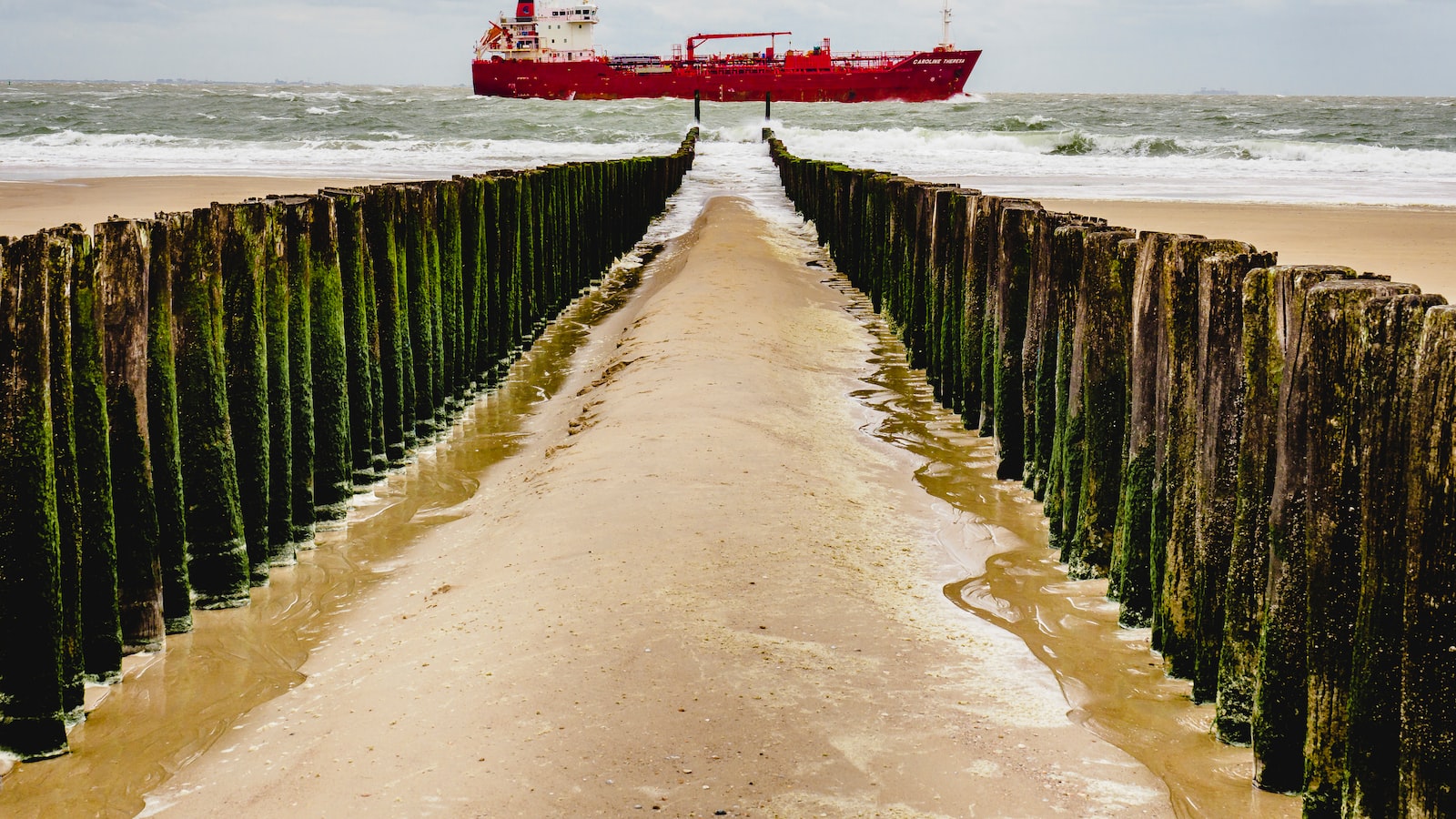
When it comes to building a sustainable future, petrochemicals play a significant role. Petrochemicals are derived from petroleum and natural gas, and they are widely used in the manufacturing of various products we use on a daily basis.
Petrochemicals serve as the building blocks for a multitude of products, including plastics, fertilizers, pharmaceuticals, textiles, and more. However, their impact on the environment has become a pressing concern due to greenhouse gas emissions and pollution associated with their production and usage.
Recognizing the need to address these environmental challenges, the petrochemical industry has been actively investing in research and development to find innovative solutions and reduce its ecological footprint.
One of the major initiatives taken by the industry is the development of sustainable feedstocks. By exploring alternative raw materials such as biomass and waste, petrochemical companies are reducing their reliance on fossil fuels. This shift towards sustainable feedstocks not only helps in reducing greenhouse gas emissions but also conserves finite resources.
Furthermore, petrochemical manufacturers are incorporating advanced technologies to enhance energy efficiency and minimize waste during production processes. By implementing stricter environmental regulations and adopting cleaner production techniques, the industry is working towards minimizing its impact on air, water, and soil quality.
Moving towards a circular economy is also a key objective for the petrochemical sector. Recycling and reusing plastic waste, for instance, can significantly reduce the consumption of new raw materials and contribute to a greener future. Additionally, innovative techniques such as chemical recycling are being developed to transform plastic waste back into valuable raw materials, further promoting sustainability.
“As the world transitions towards a greener future, the petrochemical industry plays a crucial role in creating sustainable solutions and driving positive change.” – John Smith, Environmental Scientist.
Collaboration between the petrochemical industry, governments, and environmental organizations is also vital to building a greener future. By working together, these stakeholders can share knowledge, resources, and expertise to develop new, sustainable technologies and practices.
While challenges persist, the petrochemical industry’s commitment to sustainability and building a greener future is evident. As the demand for petrochemical products continues to rise, it is essential to prioritize environmental responsibility and work towards reducing the industry’s ecological impact.
By investing in research, innovation, and collaboration, the petrochemical sector aims to be at the forefront of developing sustainable solutions that drive economic growth while preserving the environment for future generations.
References:





